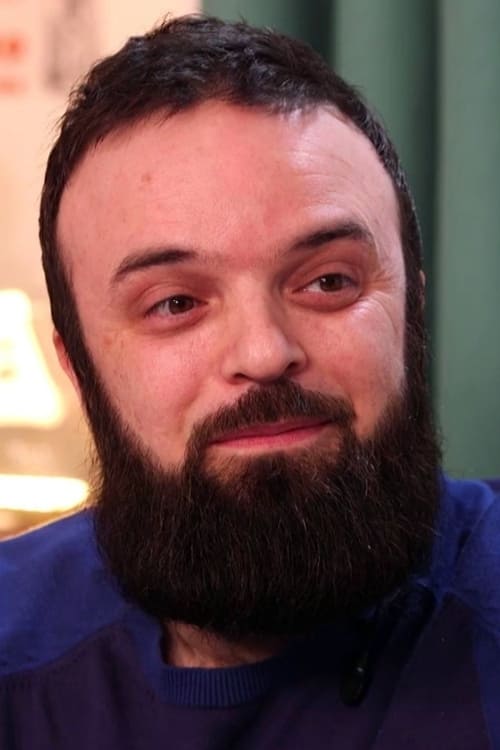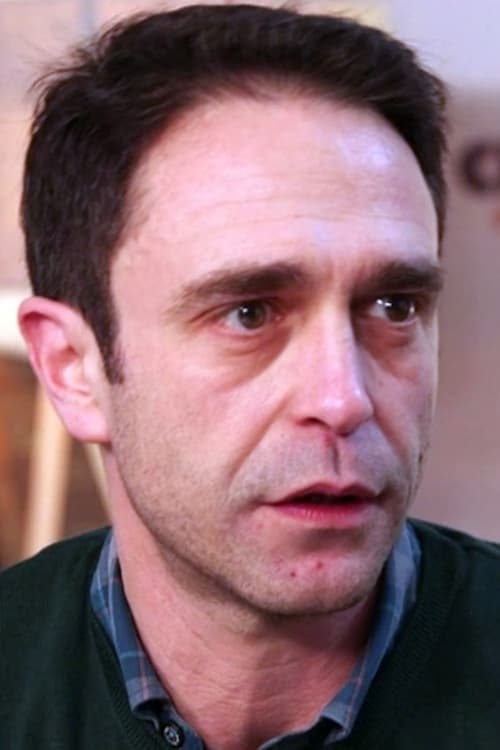A Polar Year (2018)
Genre : Drama, Adventure
Runtime : 1H 34M
Director : Samuel Collardey
Writer : Samuel Collardey, Catherine Paillé, Grégoire Debailly
Synopsis
A Danish teacher takes a job in Greenland and tries to overcome the animosity of the tight-knit locals through a series of errors that help him embrace the snow-covered life.
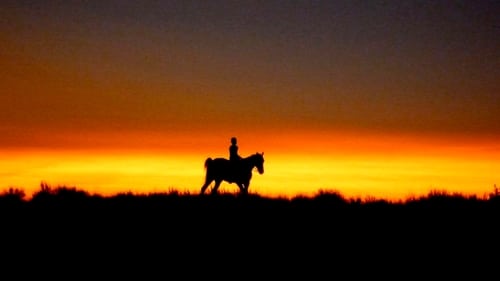
The evolution of the depiction of Native Americans in film, from the silent era until today, featuring clips from hundreds of movies and candid interviews with famous directors, writers and actors, Native and non-Native: how their image on the screen transforms the way to understand their history and culture.
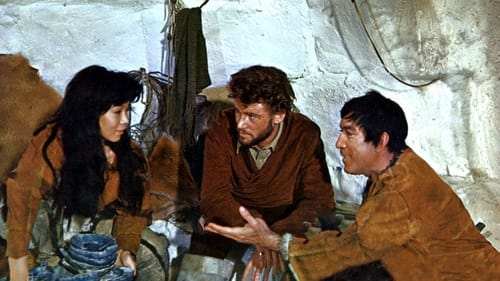
An Eskimo who has had little contact with white men goes to a trading post where he accidentally kills a missionary and finds himself being pursued by the police.
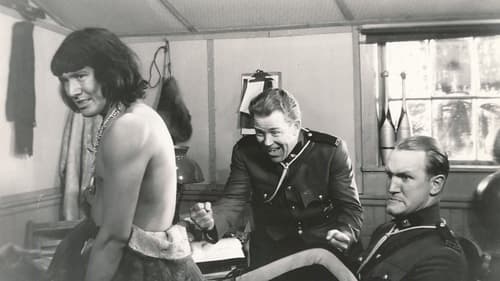
The happy life of an Eskimo is disastrously changed when he mingles with an unscrupulous white trader.
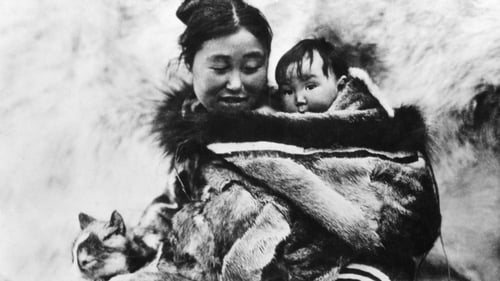
This pioneering documentary film depicts the lives of the indigenous Inuit people of Canada's northern Quebec region. Although the production contains some fictional elements, it vividly shows how its resourceful subjects survive in such a harsh climate, revealing how they construct their igloo homes and find food by hunting and fishing. The film also captures the beautiful, if unforgiving, frozen landscape of the Great White North, far removed from conventional civilization.
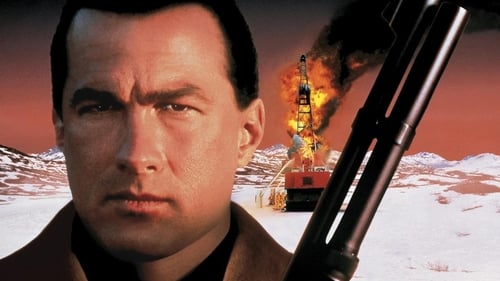
Forrest Taft is an environmental agent who works for the Aegis Oil Company in Alaska. Aegis Oil's corrupt CEO is the kind of person who doesn't care whether or not oil spills into the ocean or onto the land—just as long as it's making money for him.
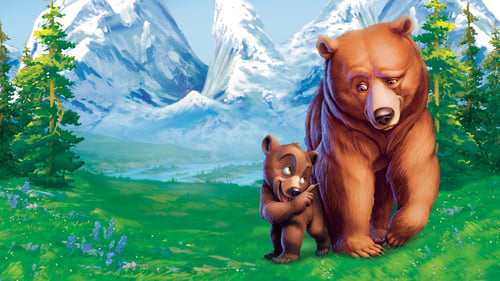
When an impulsive boy named Kenai is magically transformed into a bear, he must literally walk in another's footsteps until he learns some valuable life lessons. His courageous and often zany journey introduces him to a forest full of wildlife, including the lovable bear cub Koda, hilarious moose Rutt and Tuke, woolly mammoths and rambunctious rams.
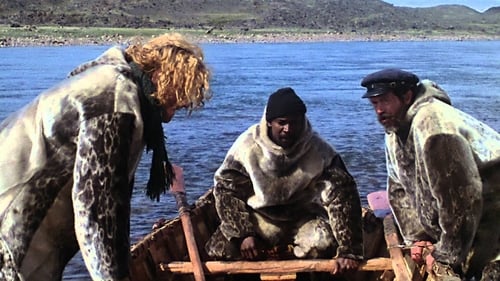
In 1896, three survivors of a whaling ship-wreck in the Canadian Arctic are saved and adopted by an Eskimo tribe but frictions arise when the three start misbehaving.
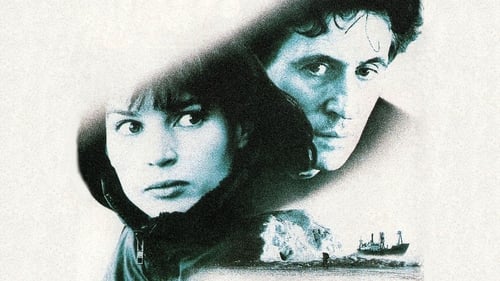
Smilla Jaspersen, half Danish, half Greenlander, attempts to understand the death of a small boy who falls from the roof of her apartment building. Suspecting wrongdoing, Smilla uncovers a trail of clues leading towards a secretive corporation that has made several mysterious expeditions to Greenland. Scenes from the film were shot in Copenhagen and western Greenland. The film was entered into the 47th Berlin International Film Festival, where director Bille August was nominated for the Golden Bear.
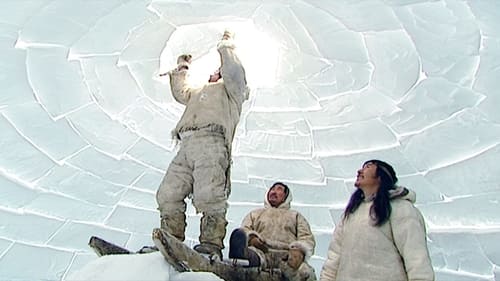
Based on a local legend and set in an unknown era, it deals with universal themes of love, possessiveness, family, jealousy and power. Beautifully shot, and acted by Inuit people, it portrays a time when people fought duels by taking turns to punch each other until one was unconscious, made love on the way to the caribou hunt, ate walrus meat and lit their igloos with seal-oil lamps.

In the 1930s, Agaguk lives his traditional Inuit life. But one day, there is a murder in the tribe and Agaguk becomes a suspect. Soon he becomes persecuted by Henderson, a mean mountie, and he must flee through the cold winter of Northern Quebec.
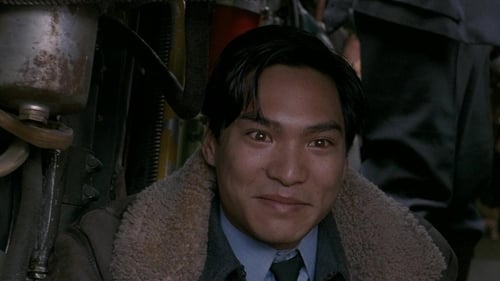
Fantastic improbabilities, happenstance and the undying bridge of love are part of this romantic fantasy about an Inuit who crosses years, oceans and the ravages of WWII to find his childhood love, a Metis girl, but finds that their cultures are the most difficult spaces to gap.

Based on the journal of Knud Rasmussen's "Great Sled Journey" of 1922 across arctic Canada. The film is shot from the perspective of the Inuit, showing their traditional beliefs and lifestyle. It tells the story of the last great Inuit shaman and his beautiful and headstrong daughter; the shaman must decide whether to accept the Christian religion that is converting the Inuit across Greenland.
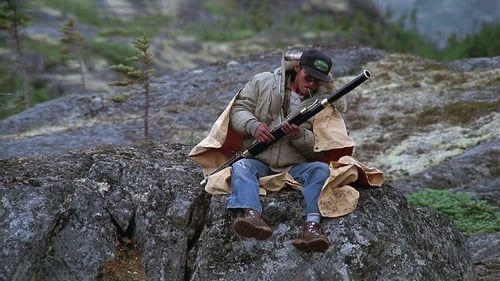
A scientific researcher, sent on a government study: The Lupus Project, must investigate the possible "menace" of wolves in the north. To do so, he must survive in the wilderness for six months on his own. In the course of these events, he learns about the true beneficial and positive nature of the wolf species. Based on the book and true story by Farley Mowat.

In 1952, an Inuit hunter named Tivii with tuberculosis leaves his northern home and family to go recuperate at a sanatorium in Quebec City. Uprooted, far from his loved ones, unable to speak French and faced with a completely alien world, he becomes despondent. When he refuses to eat and expresses a wish to die, his nurse, Carole, comes to the realization that Tivii's illness is not the most serious threat to his well-being. She arranges to have a young orphan, Kaki, transferred to the institution. The boy is also sick, but has experience with both worlds and speaks both languages. By sharing his culture with Kaki and opening it up to others, Tivii rediscovers his pride and energy. Ultimately he also rediscovers hope through a plan to adopt Kaki, bring him home and make him part of his family

A young teacher, Eva Nygaard, arrives in Greenland from Denmark to surprise her fiance, the Doctor Erik Halsøe, but is crushed to find he has not waited for her and he is about to be married to his assisting nurse. Eva travels to a small fishing village to await the next ship back to Denmark. There she enters into a tense and often confrontational relationship with Jens, a quiet moody Dane who manages a trading company outpost. Meanwhile, Jens is trying to persuade a Greenlander named Pavia to become a company fisherman, despite Pavia's fear of alienating his fellow villagers and upsetting the spirit, Qivitoq.
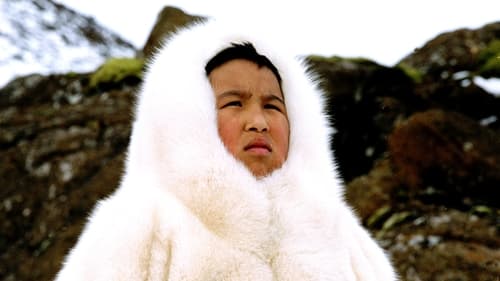
In the middle ages a small Greenlandic boy comes drifting with an Iceberg to a remote and superstitious settlement in Iceland and is believed to be an evil spirit by his looks. He saves a young boy from an avalanche and they become friends. The young Icelandic boy has to fight for his friends existence against the ignorant villagers, who want him imprisoned or even killed

Qallunaat! Why White People are Funny is an irreverent look at Western Civilization through Inuit eyes. Inspired by the satirical essays of Zebedee Nungak, the film turns the tables on generations of anthropologists, teachers, adventurers and administrators who went North to pursue their Arctic Dreams. Now it’s their turn to be poked, prodded, examined and explained. A new generation of Inuit is ready to take on the Qallunaat at their own game. Grounded in their own traditions but educated in the South, they have a unique perspective on the culture that has come to dominate the planet. And they are not afraid to speak their minds.
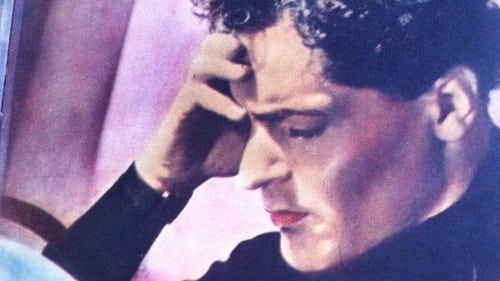
A British explorer brings an Eskimo hunter to London, where he misreads a woman.
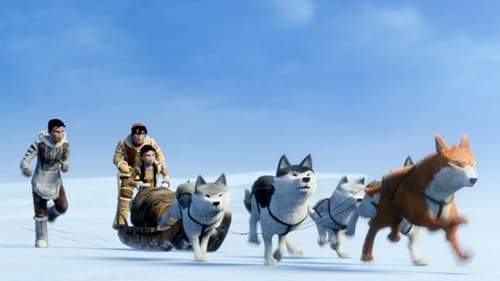
Three young Inuits set off in search of a promised land to save their clan from starvation.

Director Elisapie Issac's documentary is a sort-of letter to her deceased grandfather addressing the question of Inuit culture in the modern world.



